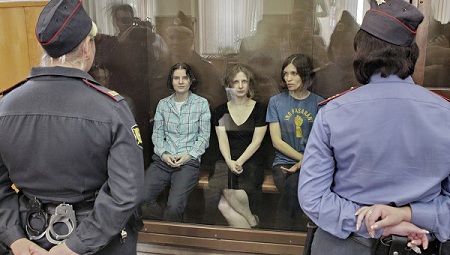I’ll be live-blogging tonight’s debate — the third and final debate of a series of one-on-one debates — between Pauline Marois, leader of the leftist, sovereigntist Parti québécois (PQ) and François Legault, leader of the newly formed, sort-of maybe center-right Coalition avenir Québec (CAQ). ![]()
![]()
Sunday night featured a four-way debate, Monday night featured a raucous one-on-one between Marois and premier Jean Charest, the leader of the centrist, federalist Parti libéral du Québec (Liberal Party, or PLQ), and Tuesday night featured a debate between Legault and Charest.
Québec’s voters go to polls on September 4 to choose 125 members of Québec’s Assemblée nationale.
Read Suffragio’s prior coverage of the Québécois election here.
So that’s a wrap. Marois is queen of the status quo, Legault is the queen of the caribou. Oy. On to Sept. 4.
What’s striking is that they spent so little time bringing down Charest tonight. I wonder if that was a strategic mistake for both Legault and Marois, especially with today’s Forum poll showing the PLQ with a renewed 35% lead over the PQ (29%) and the CAQ (24%). In any event. Full live blog after the jump.
* * * * Continue reading Live-blogging the Québec debates: Marois v. Legault





